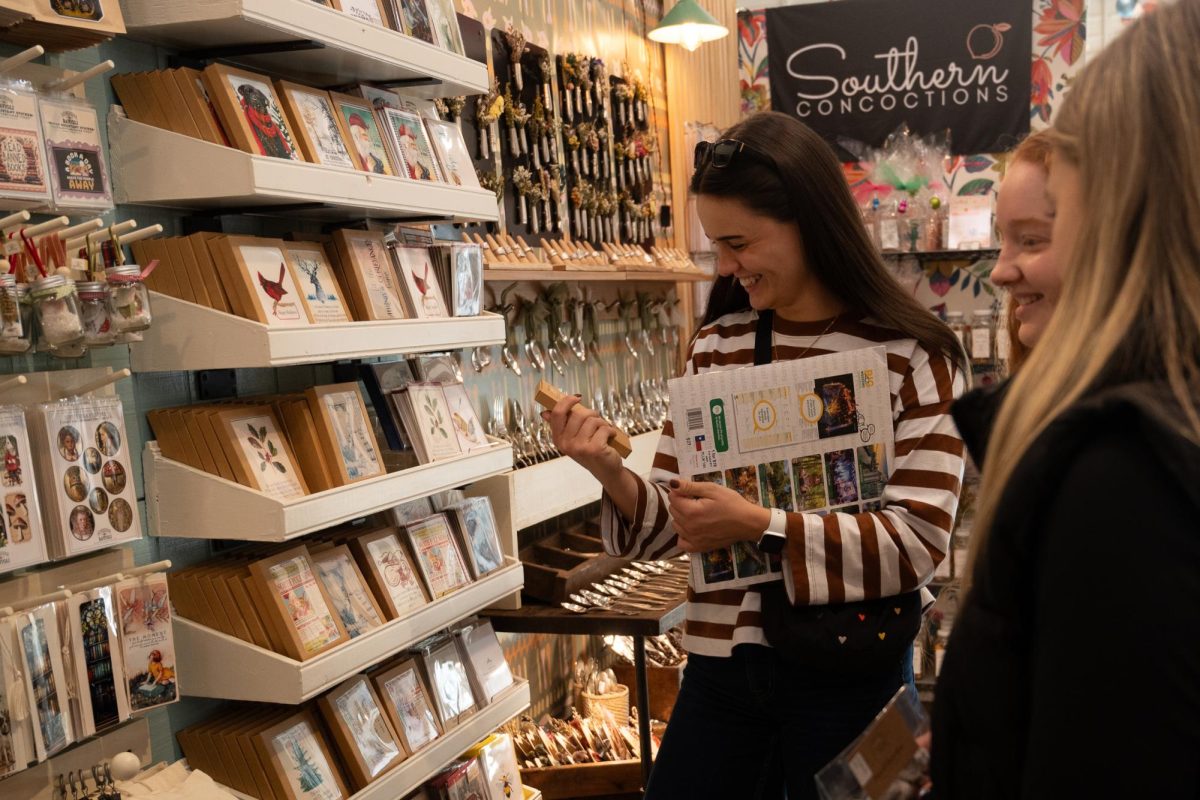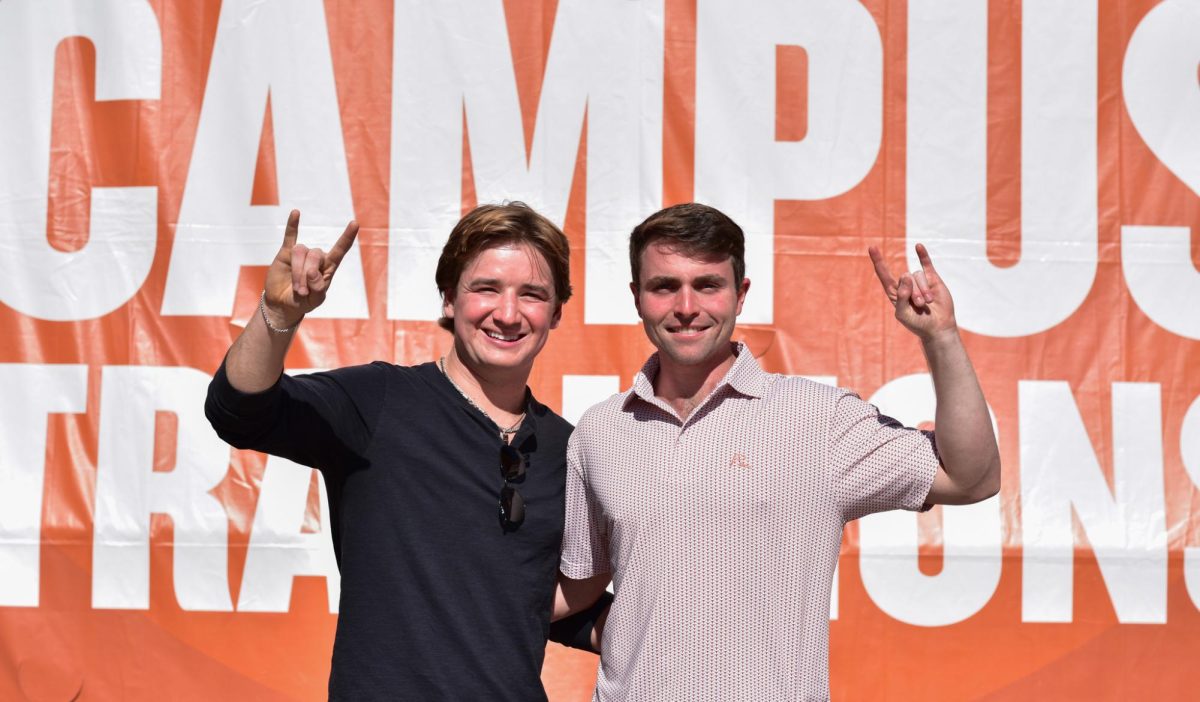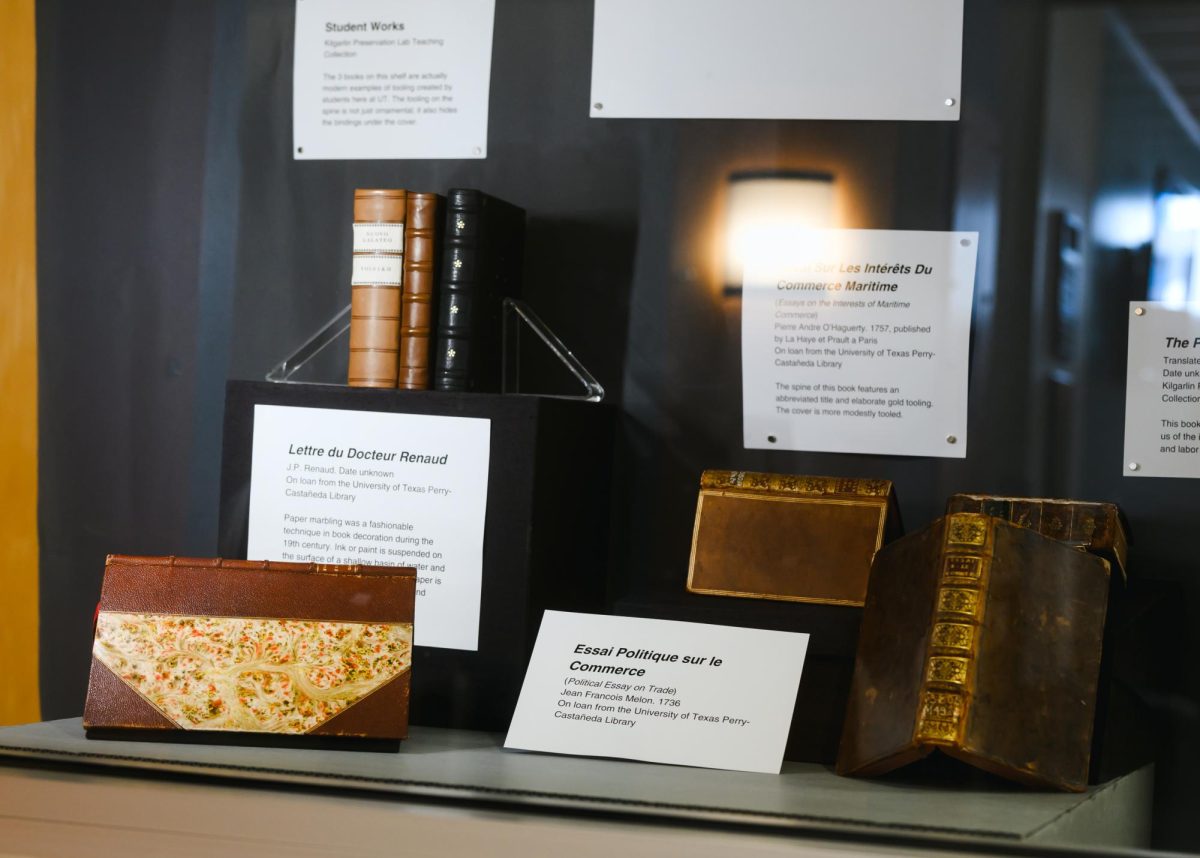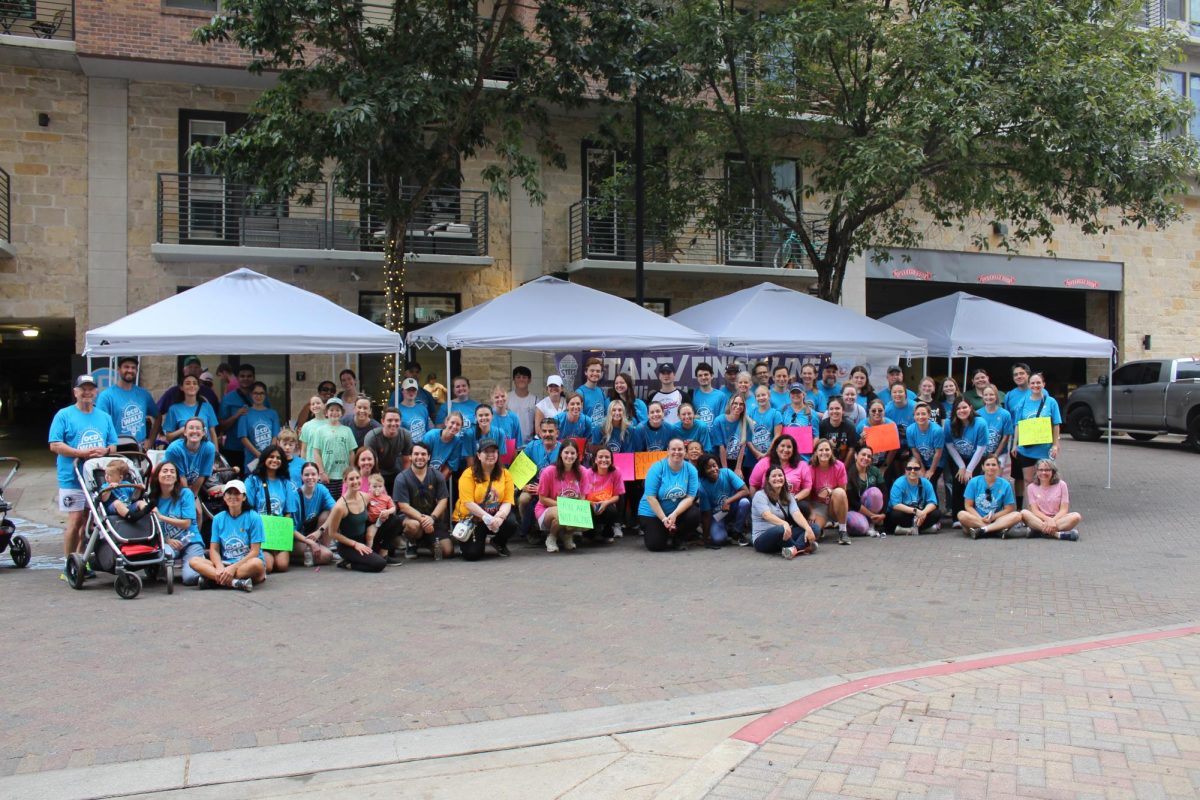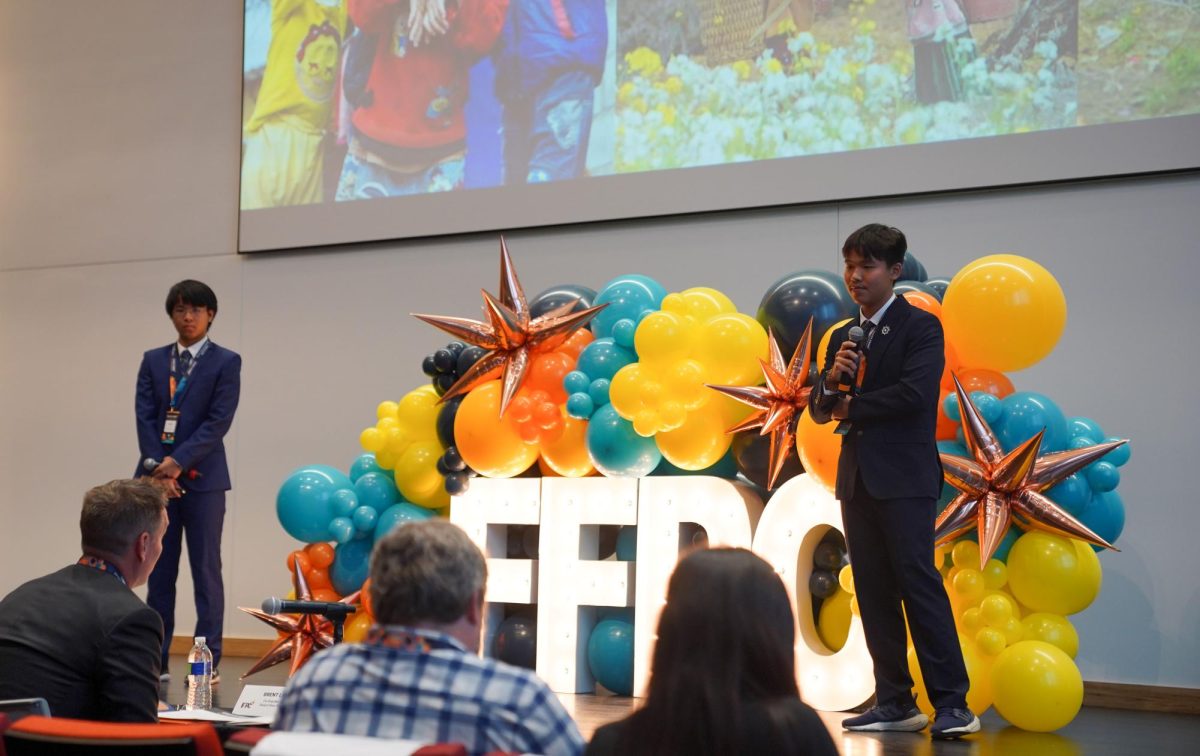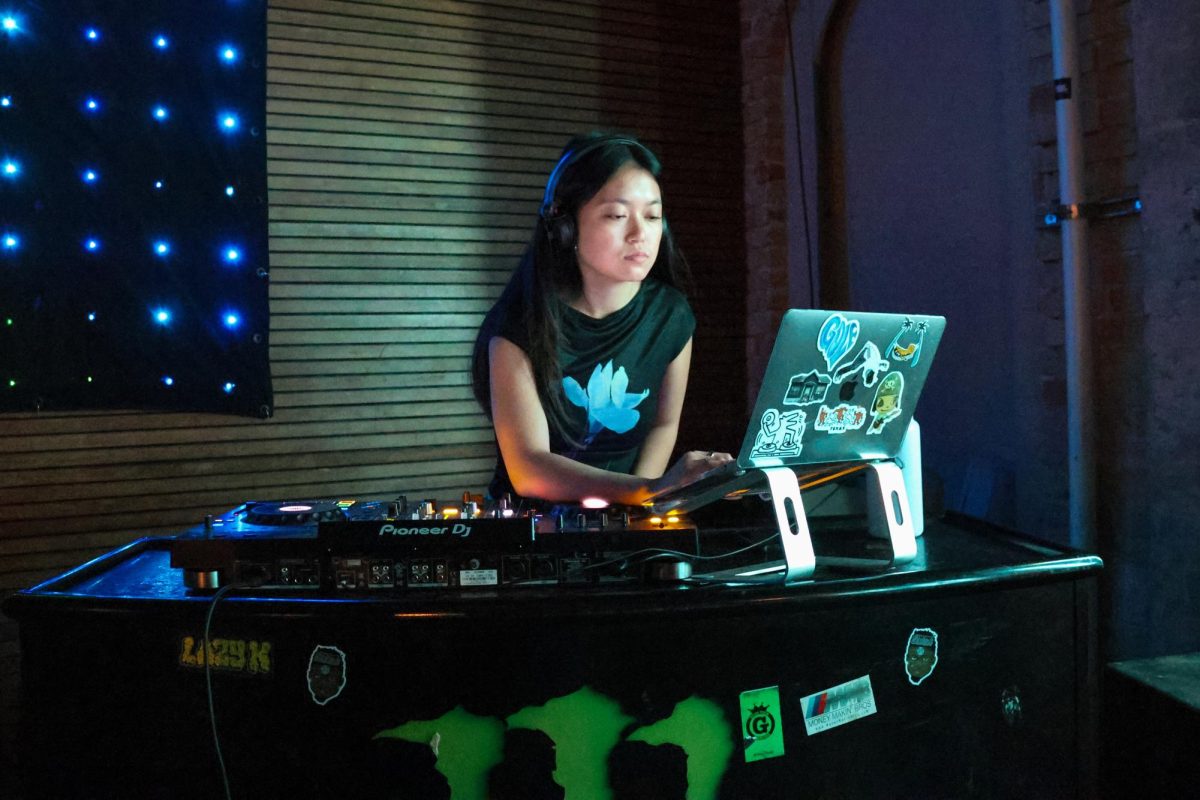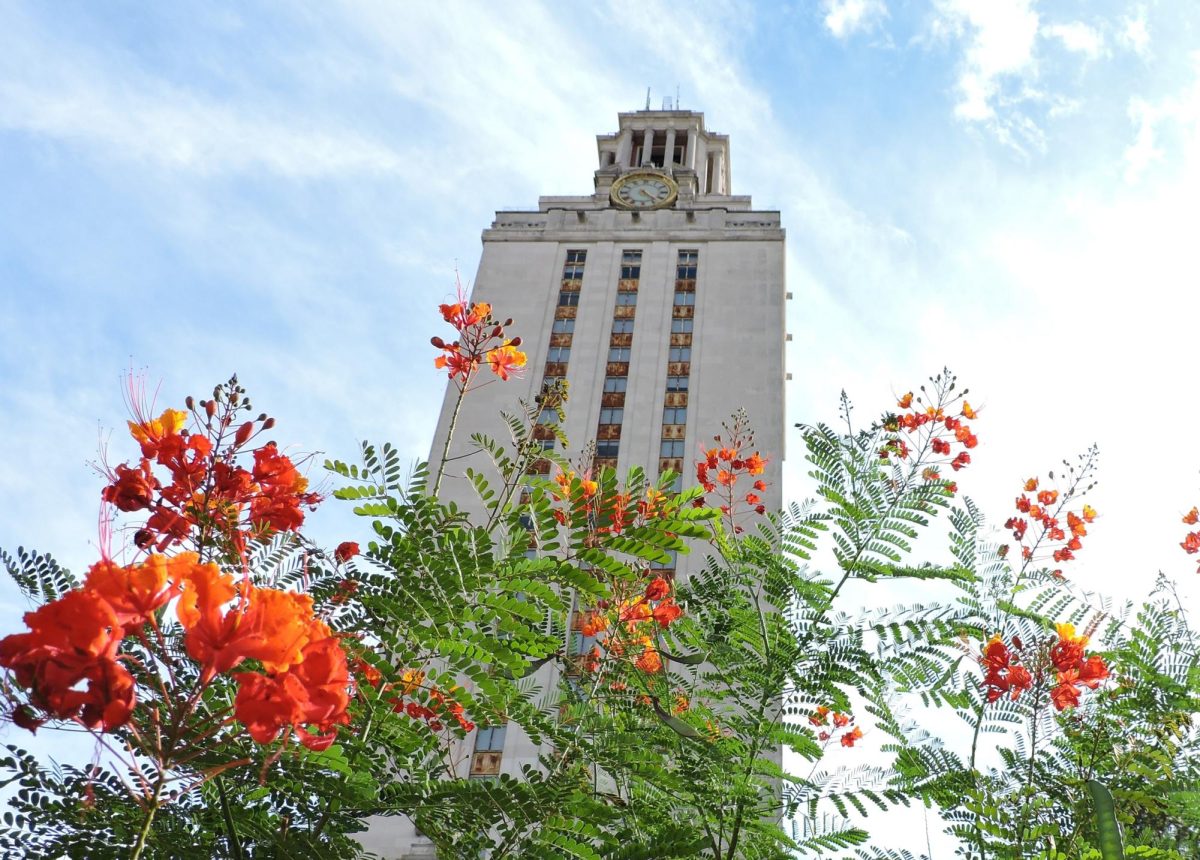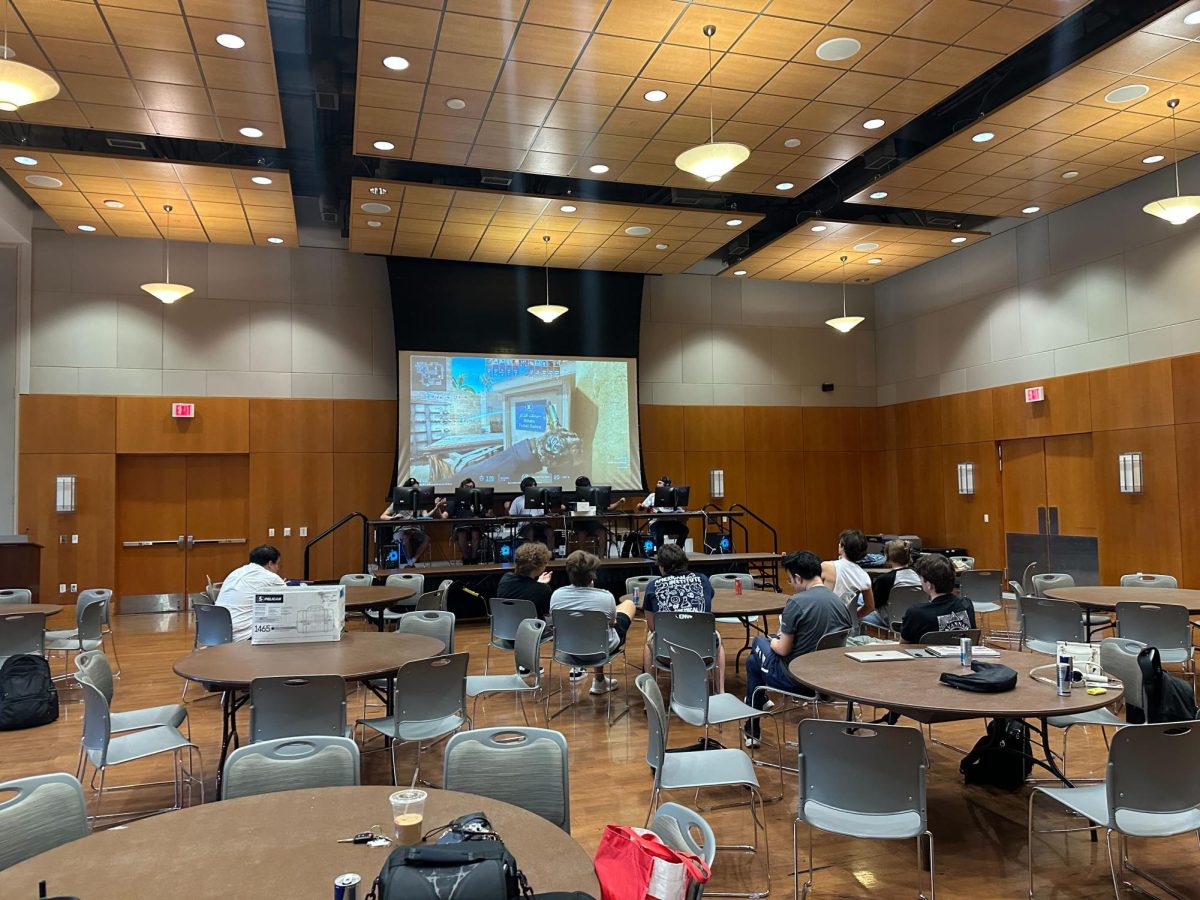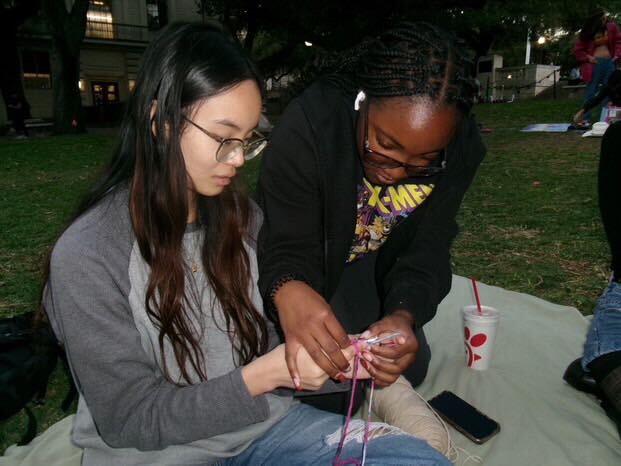VIRGINIA CITY, Mont. — The Gypsy sat for decades in a restaurant amid the Old West kitsch that fills this former gold rush town, her unblinking gaze greeting the tourists who shuffled in from the creaking wooden sidewalk outside.
Some mistook her for Zoltar, the fortune-telling machine featured in the Tom Hanks movie “Big.” Others took one look at those piercing eyes and got the heebie-jeebies so bad they couldn’t get away fast enough.
But until a few years ago, nobody, not even her owner, knew the nonfunctioning machine gathering dust in Bob’s Place was an undiscovered treasure sitting in plain sight in this ghost town-turned-themed tourist attraction.
The 100-year-old fortune teller was an extremely rare find. Instead of dispensing a card like Zoltar, the Gypsy would actually speak your fortune from a hidden record player. When you dropped a nickel in the slot, her eyes would flash, her teeth would chatter and her voice would come floating from a tube extending out of the eight-foot-tall box.
Word got out when the Montana Heritage Commission began restoring the Gypsy more than five years ago, and collectors realized the machine was one of two or three “verbal” fortune tellers left in the world.
One of those collectors, magician David Copperfield, said he thinks she is even rarer than that.
“I think it’s only one of one,” Copperfield said in a recent telephone interview with The Associated Press.
Copperfield wanted the Gypsy to be the crown jewel in his collection of turn-of the century penny arcade games. It would occupy a place of pride among the magician’s mechanized Yacht Race, Temple of Mystery and various machines that tested a person’s strength.
Copperfield acknowledged approaching the curators about buying the Gypsy a few years ago but declined to say what he offered. Janna Norby, the Montana Heritage Commission curator who received the call from Copperfield’s assistant, said it was in the ballpark of $2 million, along with a proposal to replace it with another fortune-telling machine. On top of that, he pledged to promote Virginia City in advertisements.
But Heritage Commission curators, representing the Gypsy’s owner — the state of Montana — rejected the idea, saying cashing in on this piece of history would be akin to selling its soul.
“If we start selling our collection for money, what do we have?” said Norby, the commission’s former curator of collections.

